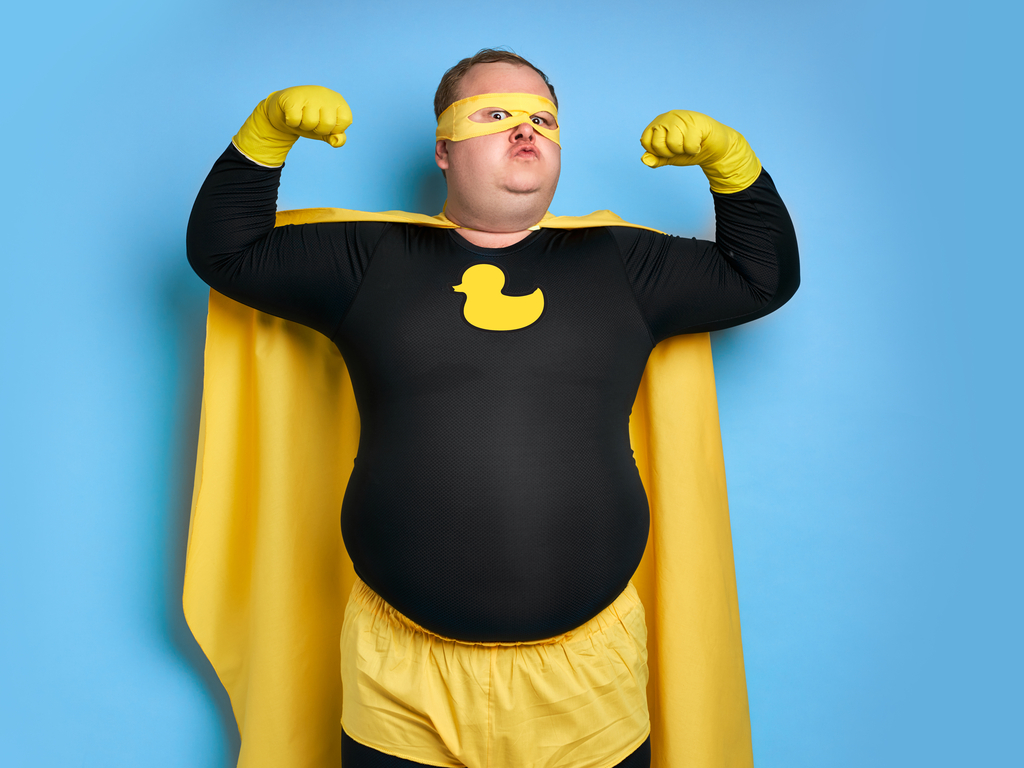
Can humor be a defense mechanism? Some experts say it can. According to psychological studies, the average person uses humor to cope with stress, anxiety, and grief. So, how often do you crack an inappropriate joke because you’re nervous? If you’re like the rest of us, it’s probably all the time.
Laughter is the best medicine, which means it can make us feel better. Psychologists have also found that laughing helps us regulate our emotions. Humor is, therefore, a defense mechanism against uncomfortable feelings or vulnerability. And it can be very therapeutic if you use it correctly.
What Are Defense Mechanisms?
Defense mechanisms are thoughts, behaviors, or activities to separate ourselves from unwanted emotions. That means they don’t defend us from anything but ourselves. However, everyone uses them regardless of how secure or insecure they are. And scientists have discovered at least ten different mechanisms so far:
- Repression
- Regression
- Projection
- Displacement
- Denial
- Rationalization
- Compartmentalization
- Sublimation
- Intellectualization
- Reaction
Defenses take all shapes and sizes. And people can express themselves in various ways. However, feeling defensive doesn’t always look like anxiety, depression, or anger. Sometimes, a person seems cheerful and friendly instead. And that’s when they use humor as a defense mechanism to cope with challenging emotions.
Why Is Laughing a Defense Mechanism?
We launch defenses when we feel threatened or exposed. Yet, laughter makes us feel more connected and protected. Thus, we often cackle to tackle challenges that our conscious or subconscious minds can’t handle. Some might find humor in difficult situations instead of focusing solely on the negatives. And that’s how we feel secure despite life’s ups and downs.
People laugh for many reasons. But scientists are still discovering why giggling permeates our interactions with others. Research shows that nervous laughter and pure humor are not the same things. So, folks who chuckle the most usually live the longest. And our bodies likely understand that dynamic on a cellular level.
When we feel unsettled, our minds send signals to defend against the threat. And depending on the situation, an adequate defense might require humor. Witty jokes can help de-escalate conflicts. But at other times, they can make problems where there were none.

What Is Inappropriate Laughter?
Although we sometimes laugh to fight nervousness or shame, our humor isn’t always appropriate. That’s because inappropriate laughter makes people feel belittled, embarrassed, or angry. It’s a response that goes above and beyond the expected norms. And it can create an awkward situation instead of an empowering one.
Inappropriate laughter is often the result of mental illness or poor social skills. People can laugh or crack jokes without realizing the impact. So, humor doesn’t always mean the person thinks events or comments are funny. It might be proof that they have an underlying mental health concern.
Mental Health and Humor: The Connection
Can humor be a defense mechanism? Many people with severe mental illness hope so. Their cognitive condition usually dictates how they interact with peers. They might require intense therapy and medication to enjoy social normalcy. So, try to have patience with everybody.
Laughter is terrific, and we all need it. But you don’t have to make others feel terrible because of a diagnosis. Plus, using humor as a defense mechanism all the time can be unhealthy. So, here are three steps you can take instead:
#1. Be Accountable for Your Reactions
Remember that nobody is responsible for how you feel. And that means they’re not responsible for how you react either. Be accountable for your behavior and let friends give you advice.
#2. Learn to Manage Your Emotions
Try to understand that other people have the same emotions as you do. They get nervous, worry about things, and feel insecure. However, they also manage their feelings and use practical coping skills.
#3. Seek Professional Help
Contact a psychiatrist if your emotions become overwhelming or you need tips on better coping strategies. Appropriate laughter doesn’t make you dull. It makes you healthier and friendlier.
Humor Helps
Can humor be a defense mechanism? In many cases, yes. However, some people use laughter to lighten a situation, while others escape. Learn the difference and seek counseling if you have specific concerns.